Clinical Treatment for Bipolar Disorder – BRIAN QUINN (Digital Seminar)
Description:
When therapy and medications fail, and clients remain mired in depression, irritability, anxiety, and distractibility, it can leave you feeling frustrated, ineffective and wishing you could help them find the relief they deserve.
But many of these clients may not simply be depressed. Up to 80% of them may have unrecognized bipolar disorder. And when bipolar clients are misdiagnosed and inappropriately treated with antidepressants, effective psychotherapy often proves to be difficult if not impossible.
This training will provide you with exactly what you need to confidently distinguish clients with bipolar disorder from those with other conditions, so you can bring greater healing to some of your most difficult to treat patients!
Purchase this recording and get….
- A practical four-part clinical diagnostic method to distinguish bipolar disorder from borderline personality, major depressive disorder, adult ADHD, or substance abuse issues
- Tools to recognize bipolar clients at the greatest risk of completing suicide
- A complete understanding of what medications should form the foundation of bipolar treatment
- Highly-effective, non-drug treatments for depression, mania, and rapid-cycling
Make sure you’re not overlooking clients with bipolar disorder, and help clients who’ve suffered for months or years finally get better. Sign up today!
Outline:
Assessment, Recognition and Differential Diagnosis
Depression: Unipolar vs. Bipolar and Why It Matters
- Why it’s essential to identify depressive mixed states
- 7 crucial symptoms of mania/hypomania to evaluate
- Evaluation beyond symptoms is critical to diagnosis and treatment
- Bipolar spectrum and mood temperaments
- Case studies:
- Misdiagnosed depression
- A teen on Zoloft who committed suicide
- Hyperthymic temperament: A little craziness and a lot of success
Differential Diagnosis to Distinguish Bipolar Disorder from Substance Abuse, Borderline Personality, and Adult ADHD
- Why every clinician needs to know a thing or two about substance abuse
- Is my patient alcoholic? Don’t ask these two questions to find out!
- Key questions to detect covert substance abuse
- 4-part clinical diagnostic method
- Avoid misdiagnosis: How to distinguish bipolar from borderline personality disorder
- A key symptom difference between adult ADHD and bipolar
Clinical Treatment Interventions
Evidence-Based Psychotherapy for Bipolar
- Help clients accept a bipolar diagnosis
- Address key issues in treatment
- Integrate core concepts into daily practice
- Psychodynamics of euphoric and irritable hypomania
- Treat bipolar disorder, not individual symptoms
- Case study: creativity, comedy and madness
Your Worst Fear: Identify and Manage Acute Suicide Risk
- 4 red flags that predict suicide completion
- Assess suicide risk factors
- Risk management: Practical strategies to protect your client and yourself
- The only medication to dramatically reduce suicide risk – not an antidepressant!
Medications: What a Non-Prescriber Needs to Know
- Fears and misconceptions
- Antidepressants don’t work for bipolar depression
- Benefits and risks of:
- Mood stabilizers (Lithium, Depakote, Tegretol, and more)
- Atypical antipsychotics (Lamictal, Risperidone, Abilify, and more)
- The future of medication for bipolar disorder – research and new classes of drugs
Additional Clinical Considerations
- Bipolar depression and suboptimal thyroid functioning
- Unrecognized medical illness
- Highly effective non-pharmacological treatments
- Circadian rhythm interventions
- Nutritional interventions
NLP online course
So what is NLP?
Firstly, NLP stands for Neuro-Linguistic Programming. Secondly neuro refers to your neurology;
Thirdly linguistic refers to language however, programming refers to how that neural language functions.
As a result,In other words, learning NLP is like learning the language of your own mind!
Moreover, NLP is the study of excellent communication–both with yourself, and with others.
It was developed by modeling excellent communicators and therapists who got results with their clients.
NLP is a set of tools and techniques, but it is so much more than that.
In conclusion, It is an attitude and a methodology of knowing how to achieve your goals and get results.
Preview Information:
Original Page
Archive Page


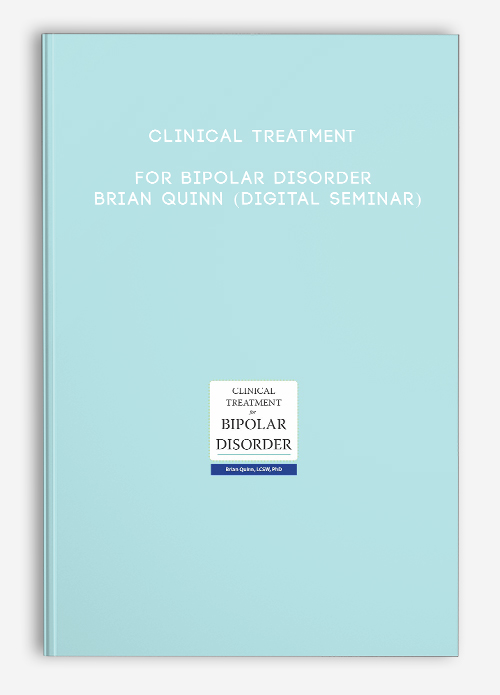
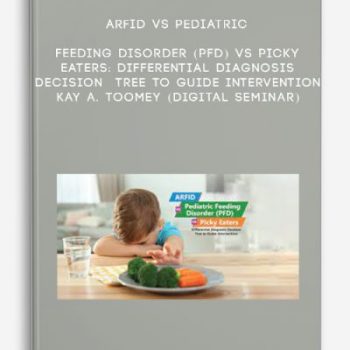

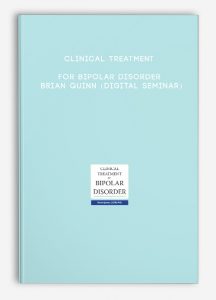





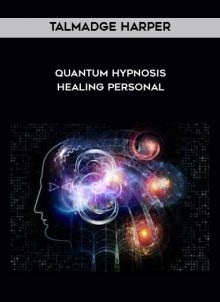
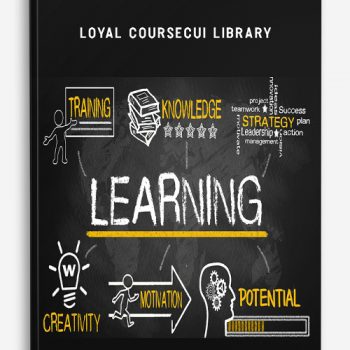
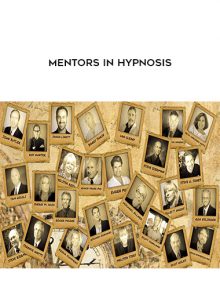
Lord –
This is Digital Download service, the course is available at VinCourse.com and Email download delivery.